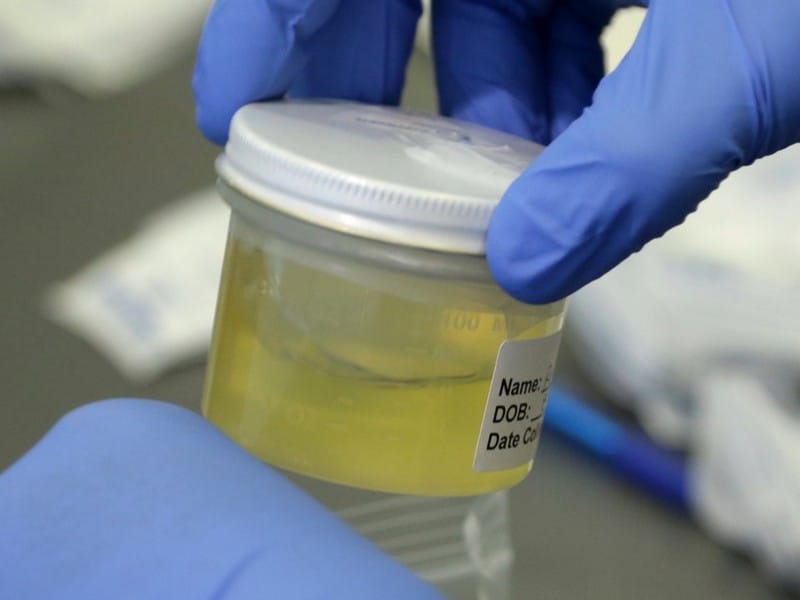Protein in Urine

Proteinuria is characterized by abnormally high protein levels in the urine, one of the first indicators of renal failure symptoms. The kidneys act as filters and usually restrict the amount of protein that may reach the bloodstream. The glomeruli in the kidneys are clusters of capillaries that are the body’s primary organs for removing toxins and extra fluid from circulation. Healthy kidneys do not filter out proteins and other essential elements; they flow through the organs and back into the bloodstream.
Urination rids the body of waste and surplus water, wherein the glomeruli block blood cells and bigger proteins from entering the urine. The tubules, then, collect tiny proteins that escape the glomeruli and maintain them in the body. Damage to the glomeruli or tubules, or difficulty with protein reabsorption, might cause proteins to leak into the urine. In kidney failure, proteins like albumin might leak out of circulation, developing to proteinuria. Foamy, frothy, or bubbly urine; swelling in the hands, feet, abdomen, or face; and urinating more often are all signs of kidney failure caused by excessive protein in the body’s waste product.










